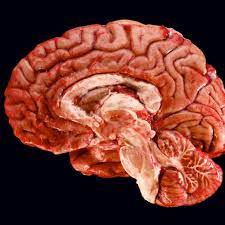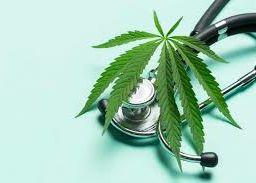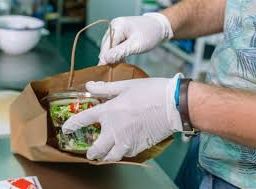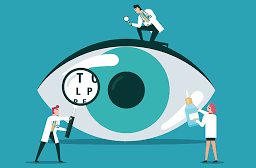Food Safety Tips: Safe Cooking & Eating for Preventing Foodborne Illness
Food safety is paramount when it comes to enjoying our favorite dishes. Ensuring that every meal is prepared and consumed with proper precautions can make all the difference in our well-being. Dive into these essential tips to elevate your understanding and practice of food safety.

While savoring our mouthwatering Creole dishes, remember the importance of food safety. Here are some tips to help you enjoy delicious meals without risking your health:
- Wash Your Hands: Before preparing or consuming food, wash your hands thoroughly with soap and water.
- Keep it Clean: Ensure that your cooking area, utensils, and surfaces are clean to prevent cross-contamination.
- Thorough Cooking: Cook meat and seafood thoroughly to kill harmful bacteria. Use a food thermometer to ensure that food is cooked to a safe temperature.
- Proper Food Storage: Refrigerate leftovers promptly and use them within a safe timeframe to prevent foodborne illnesses.
- Avoid Cross-Contamination: Keep raw and cooked foods separate to prevent the transfer of harmful microorganisms.
- Safe Water and Produce: Ensure that the water you use is safe for consumption, and wash fruits and vegetables under running water before eating them.
- Stay Hydrated: Drink plenty of water to stay hydrated and support your body’s natural detoxification processes.
- Moderation is Key: While Creole cuisine is incredibly flavorful, it can sometimes be high in calories, sugar, and unhealthy fats. Practice portion control to enjoy your favorite dishes without overindulging. Balance your plate with a variety of foods, including fresh fruits and vegetables, lean proteins, and whole grains.


Disclaimer: The information provided in this content is for general informational purposes only. It is not intended as medical or healthcare advice, diagnosis, or treatment. Always seek the advice of a qualified healthcare professional with any questions you may have regarding a medical condition or healthcare decisions.
















